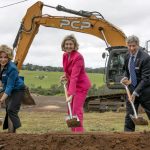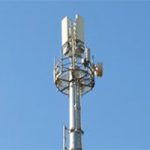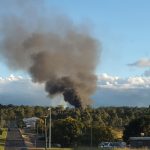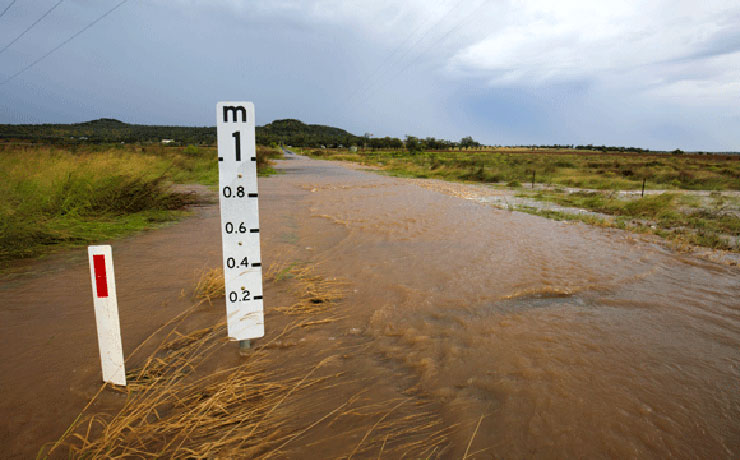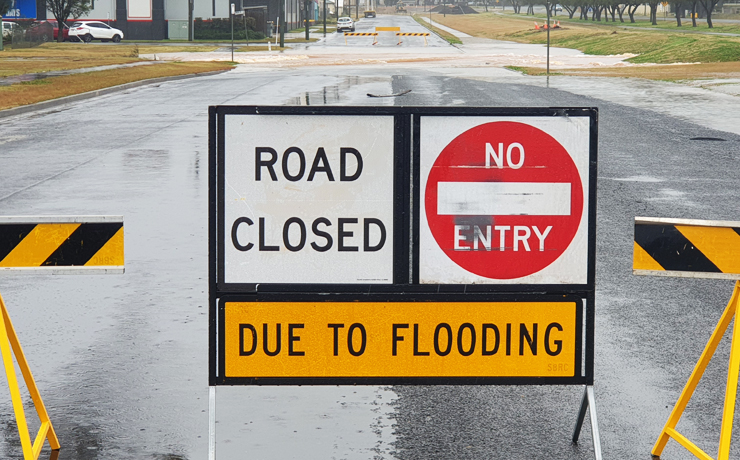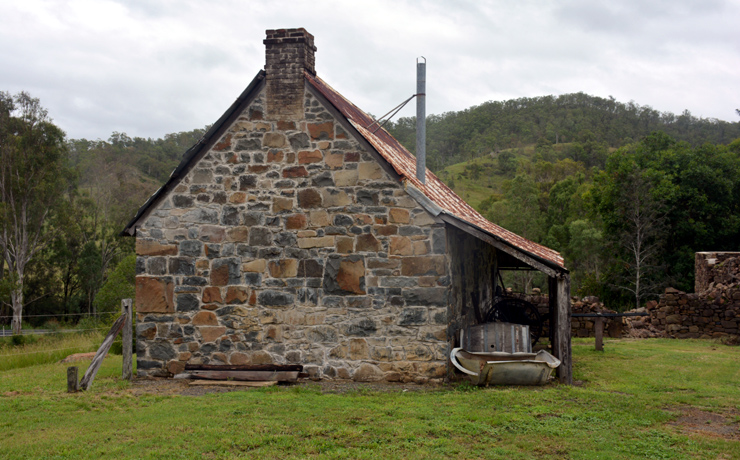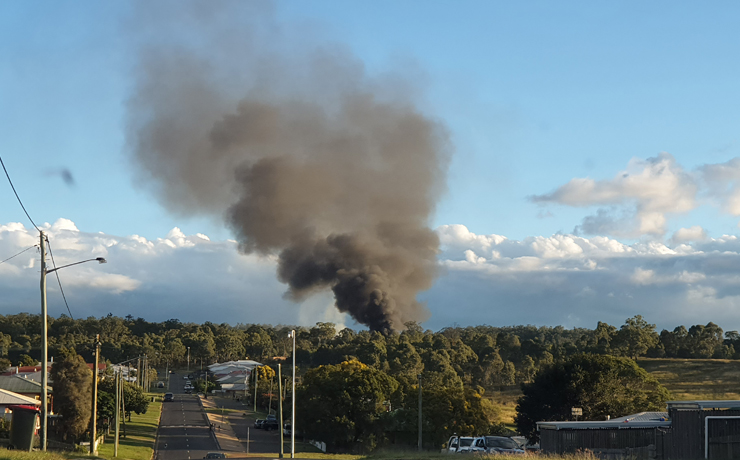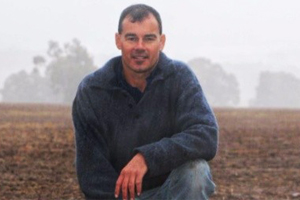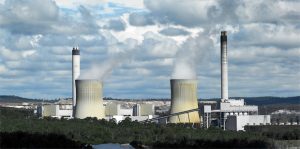
May 31, 2013
The Electrical Trades Union has blamed the State Government – and the decision to mothball two units at Tarong Power Station – for a predicted rise in electricity prices.
An ETU spokesman said today the Queensland Competition Authority (QCA) looks set to announce an average 22.5 per cent increase in electricity prices to take effect on July 1.
ETU State Secretary Peter Simpson said the massive increase represented “yet another failure by the LNP to deliver for Queensland communities” and would put downward pressure on Queensland’s already struggling economy.
“We have watched this government make one poor decision after another and now Queensland consumers will be forced to pay for the LNP’s incompetence,” he said.
“The decision to close public-owned base-load power generation units was just one of many LNP policies which are forcing power prices to surge.
“Last year the LNP Government allowed over 80MW of base load power generation capacity to be outsourced to expensive, inefficient and highly polluting private sector peak load power stations.
“Spot prices for wholesale electricity spiked to over $15,000/MW compared with the usual $50-$70MW as the private sector gobbled up obscene profits created by a shortfall in base load generation capacity.
“A shortage of power generation has been artificially created in Queensland through the mothballing of base load generation capacity. Electricity is a commodity like any other, when commodities become scarce, prices go up.”
Mr Simpson said the LNP continued to refuse to accept responsibility for the price surge even though the Queensland Electricity Act explicitly gave Energy Minister Mark McArdle the power to set electricity prices.
“Last year the Government used this power to freeze residential electricity prices for 12 months. The Government now wants us to believe they are powerless to help.” he said.
“This is another reason for such a large increase, we now have to wear two years’ worth of increases at once.”
Meanwhile, the Greens have slammed Mr McArdle for blaming price hikes on solar power generation.
Queensland Greens spokesman Dr Charles Worringham said the QCA had “clearly acknowledged” that solar power has benefits as well as costs, exerting downward pressure on wholesale electricity prices, and said this benefit should accrue to all users.
“The QCA simply chose to exclude those savings from their tariff recommendations,” Dr Worringham said.
“If Mr McArdle really wants to sheet home the cause of recent cost hikes, he should acknowledge the Energy White Paper’s estimate that each additional 2kW air conditioner can impose $7000 of new infrastructure costs.
“We don’t penalise people for using air conditioners and we certainly shouldn’t single out householders who’ve spent their own money to produce as well as consume sustainable power.
“By focusing on the costs and ignoring the savings from renewable energy, Minister McArdle is presenting Queenslanders with a thoroughly unbalanced picture and isn’t even properly representing the QCA’s report.”
Dr Worringham said Mr McArdle should be celebrating Powerlink’s deferral of a planned 500kV transmission line to serve Brisbane.
“This $400 million saving is the direct result of declining electricity demand in Queensland for three consecutive years, which solar power has helped to bring about,” Dr Worringham said.
“If we are to have a proper debate about the costs and benefits of policies we need to look at both sides of the ledger fairly.”
Dr Worringham said the Greens suspect Mr McArdle may be softening people up for next week’s State Budget.
“If Mr McArdle adopts the QCA’s suggestion of moving solar power owners onto the more expensive Tariff 12, for example, he not only risks contravening National Electricity Rules by indirectly introducing a fixed charge on renewable microgeneration, he would be basing important public policy on a thoroughly lop-sided view of the facts,” he said.
- Related article: Green Costs ‘Driving Up Power Price’








